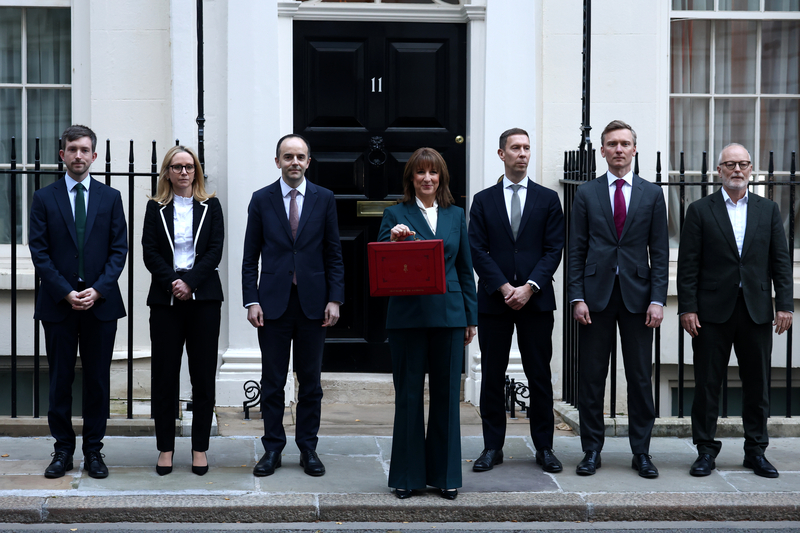
How to manage ambassadors in charities
The lines between personal opinions and professional ones are increasingly blurred, especially in the charity and not-for-profit sectors.
The recent controversy regarding comments made by Chris Packham, President of the RSPCA and Vice President of RSPB, underscores the difficulties charities face when high-profile ambassadors or spokespeople speak out on contentious issues in a personal capacity.
Activism in charities is a powerful force in driving change, but it also comes with risks ”indeed, many spokespeople or ambassadors for charities are activists in their own right, and there will be times when their priorities and yours wont necessarily be aligned.
Managing high-profile spokespeople, particularly in the charity sector, requires a strategic approach that balances their influence and passion with the charitys values and reputation.
How should charities respond when their spokespeople spark controversy? What can charities do to mitigate the risk of this happening?
Align your core values
Its important when considering high-profile figures for spokesperson or ambassadorial roles to confirm your shared vision and values.
Leaders should be aware of their celebrity endorsers backgrounds and campaigning interests outside their role with the charity. It is worth checking in regularly with spokespeople to discuss upcoming events and potential talking points.
Establish clear guidelines
Many ambassadors and celebrity spokespeople will not be briefed on the legal or regulatory environment charities operate under, so once a high-profile spokesperson is onboarded, you need to set out expectations of conduct clearly. For major public events they attend or statements they give in their charity role, you should always ensure that messaging is pre-approved.
Crisis PR planning
Charities need to be prepared with a crisis communications plan that outlines steps to take if a spokesperson sparks controversy. This should include delegating roles and responsibilities, prioritising and segmenting stakeholders, and drafting communications.
In most crisis cases, it is important to engage both your legal and external PR teams as early as possible, as they will be able to give a steer on exposure to risk.
Clarify your position
When an ambassador or spokesperson misspeaks or misrepresents your organisation, you will need to correct the record fast, otherwise you risk creating an information void which will be filled by speculation and rumours in no time.
Depending on the circumstances, you may need to do more than simply issue a statement in serious incidents, you may need to apologise, meet with affected stakeholders, or consider the future of your relationship with said spokesperson.
Alder has recently conducted research into the impact of employee activism on the sector. We will soon be sharing the results on a white paper and discussing the findings in an upcoming webinar. If you would like to register and receive a copy of the white paper, then follow this link. If you have questions or concerns about managing employee activism or high-profile spokespeople, then contact a member of the specialist charities team at [email protected].Â


